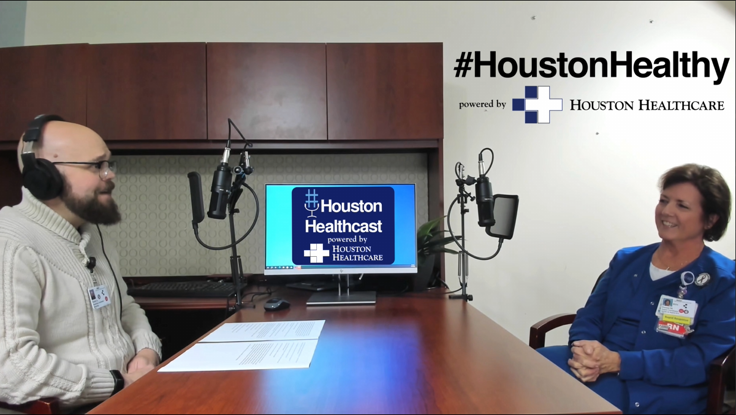
Sepsis Awareness
If you feel that you have a possible infection along with symptom(s) of concern for Sepsis, go to the nearest Emergency Room or call 9-1-1.
Did You Know That Sepsis Is a Medical Emergency?
Sepsis is the body’s overwhelming and life-threatening response to
an infection. Sepsis can lead to organ failure and death if not identified
and treated early.
TIME MATTERS. Early recognition and early treatment are the keys to beating sepsis.
In the U.S. sepsis kills approximately 258,000 people a year, which means
one (1) person dies from sepsis every two (2) minutes.
Symptoms Of Concern for Sepsis
- Abnormal temperature (>101°F or < 96.8°F)
- Fast heartbeat
- Rapid heartbeat or difficulty breathing
- Chills
- Low blood pressure or dizziness
- Less urine output than usual
- Extreme weakness or sleepiness
- Change in level of consciousness or temperament
- Extreme pain
- Feeling sicker than you have ever been
Who Is High Risk for Sepsis?
- The elderly, over the age of 65.
- Children, especially infants under the age of one year.
- Nursing home residents
- Those who are immunocompromised and must take daily steroids, or have HIV, Sickle Cell, splenectomy, chronic alcohol or IV abuse or are pregnant.
- Those who have implanted devices such as Port A Cath, Peritoneal dialysis catheters, tunneled Perm-a-Cath, new pacemakers and/or defibrillator.
- Those with comorbidities such as diabetes, CHF, COPD, high blood pressure and heart disease.
- Those with open or non-healing wound, have a recent surgical incision, trauma or burns.
Most Common Sources of Infection
- Skin - such as wounds that are not healing, recent surgical sites, bug bites, chicken pox, cellulitis.
- Kidney or urinary tract.
- Lungs.
- Abdomen - such as gallbladder, colitis, appendicitis.
*If you have a possible source of infection and a symptom of concern for sepsis. ACT FAST! Go to your nearest Urgent Care or Emergency Room as soon as possible or call 9-1-1. Tell them “I am concerned for sepsis”- because TIME MATTERS
How To Prevent Sepsis
- Focus on preventing and recognizing infection.
- Keep wounds clean.
- Take all antibiotics/medications as prescribed.
- Monitor and control your blood sugar.
- Get routine vaccinations and immunizations.
- Practice good hygiene.
- Wash your hands with soap and water after using the bathroom, before eating or if visibly dirty.
- Use hand sanitizer for all other occasions – or if running water is not available.
- When coughing or sneezing, cough or sneeze into elbow or tissue.
- Eat a healthy diet to support the immune system.
- Visit your dentist/doctor routinely for dental and physical checkups.
Sepsis Support Group
Join us every 1st Monday of the month at 6 pm for a supportive and informative gathering dedicated to those affected by sepsis. At Houston Healthcare, we understand the challenges that individuals and their families face when dealing with sepsis, and our support group aims to provide a caring community where you can share experiences, gain valuable insights, and find solace. Whether you're a survivor, caregiver, or someone seeking more information, our meetings offer a safe space to connect and learn. For additional details or inquiries, please contact EduCare at (478) 923-9771. You're not alone – let's navigate the journey of sepsis together.
September is Sepsis Awareness Month!
Houston Healthcare is joining in the fight against sepsis by providing staff and patient education to the public. See our educational information on this page to learn more about how you can help us battle sepsis not just within our facilities, but within the community as well.

